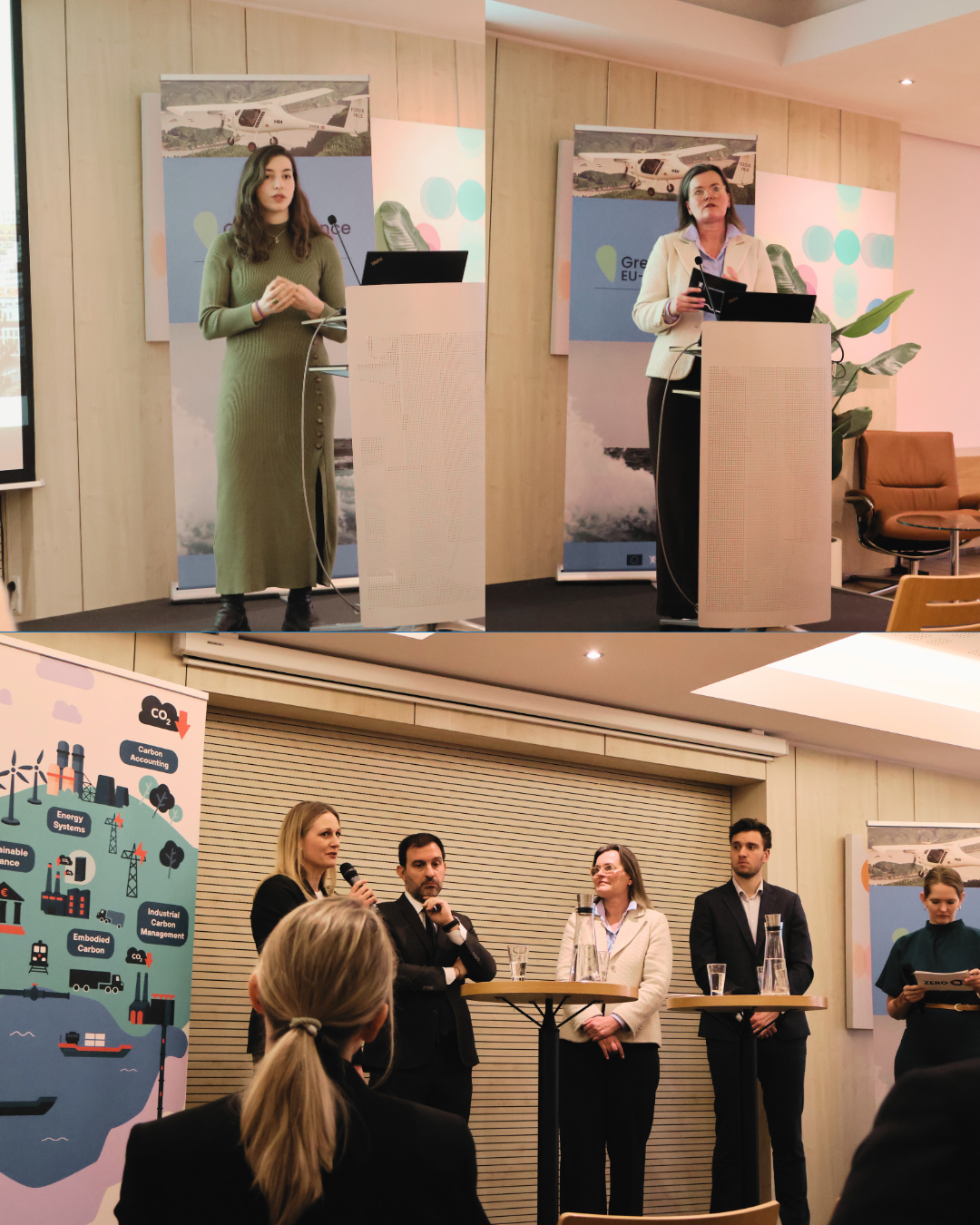
Joint letter – ICC reform and expansion risks diverting ETS Revenues from real climate action
In light of the European Commission’s ongoing considerations to amend the ETS State Aid Guidelines, revising the rules for Indirec...
News

Publish date: December 17, 2009
News
He arrives on a day of rollercoaster negotiations that have seen near total collapse and “chaos,” as many party delegates repeatedly said, as well as rejuvenation after US Secretary of State Hillary Clinton vowed to back hundreds of billions more dollars to fund developing nations’ climate efforts, and China struck a key accord with the United States on disclosing its emissions cutting process.
The Russian climate doctrine – which members of the Russian climate negotiating team in Copenhagen said would be crucial to advancing their cause – had been in hiding for six months.
According to embassy staff, the document signed by Medvedev outlines what steps Russia, as the world’s third biggest energy consumer and source of carbon emissions, must take to use the same amount of power.
The government’s negotiating team pledged in a Copenhagen press conference Monday to increase energy efficiency in the country by 40 percent over the next decade by modernizing the economy.
“It is very positive that Russia has gotten on the road toward the climate question by signing its climate doctrine,” said Kristin Jørgensen, leader of Bellona’s Russia group.
“With this initiative Medvedev is announcing Russia is again in the world debate, and it is encouraging that Russia is not isolating itself relative to this important issue, as the country has often tended to do.” she said.
But Jørgensen was also quick to point out that the document has been in hibernation at the Kremlin for six months, and was never really made public when its existence was announced in May, so it is hard to determine whether the present version of it matches the last.
In its essence, as published on the Kremlin website today, the climate doctrine is not an action plan to reduce greenhouse gasses produced by Russia so much as it is an acknowledgment of the fact of anthropogenic climate change, a call for further studies by Russia on how it and other countries will be impacted, and a call to take cover from what climate change will dish out.
So, Russian government officials are pushing it somewhat to say that the doctrine in and of itself will bring about the 40 percent spike in energy efficiency Medvedev will be promising other leaders here tomorrow.
“The climate doctrine is essentially a plan to make a plan,” said a country delegate who has worked closely with Russian negotiators. “But Russia’s main hurdle had been setting up a legal framework to follow in dealing with climate change.”
Then again, that description would seem to apply to what world leaders will be able to pull out of Copenhagen tomorrow for their one day meeting.
According to sources at the Bella Center negotiations hall, the wide political shift that came this morning with the arrival of British Prime Minister Gordon Brown, US Secretary of State Hillary Clinton, and 20 members of US Congress led by House Speaker Nancy Pelsosi, have pulled negotiations out of the doldrums.
Clinton said the United States would contribute to a $100 billion annual fund to be disbursed over the next 10 years for developing countries to aid their efforts in weaning their economies off carbon-intensive industries and technology. Japan and the EU have already made significant pledges to this fund, including “fast start funding of $10 billion over the next three years.
Clinton said that US contributions to the fund would be contingent on reaching a substantive political accord on Friday that would include transparency in tracking emissions cuts by major developing countries – a major bone of contention between America and China until today.
China’s Vice Foreign Minister He Yafei told delegates that his country is ready for “dialogue and cooperation that is not intrusive, that does not infringe on China’s sovereignty.”
The financing of climate aid for poor nations and the verification of China’s voluntary actions to reduce the growth of its emissions address two key issues blocking an agreement at the summit – a state of affairs putting the summit “more than half way” to striking a substantial deal tomorrow, Britain’s Brown told the independent.
Brown and Australian Prime Minister Kevin Rudd meanwhile seem to have slid behind the scenes into place as the presidency of the negotiations, relieving Danish Prime Minister Lars Loekke Rasmussen of political responsibility, said a party delegate in a telephone interview.
The two are apparently steering – with wide channels to White House staffers already on the ground here – moves that will induce all the bigger players in Copenhagen to “buy in,” as one observer put it.
Another breakthrough that came was an agreement, proposed by Denmark, to settle on a two-track protocol to move forward in a manner that respects the integrity of the Kyoto Protocol.
This, like the funding proposal, represents another concession for developing nations, who had insisted to the point of walk-outs and boycotts that the Kyoto Protocol be extended in order to keep punitive measures in place for rich over-polluters.
The proposal was strongly backed by French President Nicholas Sarkozy who said in his address to delegates: “A failure in Copenhagen would a catastrophe for each and everyone of us. If we keep on heading where we’re going we are heading for failure.”
He added, in remarks reported by the BBC, “So people want to keep Kyoto, OK let’s keep Kyoto. But let us agree on an overall political umbrella.”
And late in the day, rumours that US President Barack Obama would not be attending because of the disarray of the talks were dispelled by White House press spokesman Robert Gibbs, who said the President’s “bags are packed.”
At issue in Obama’s decision, according to Gibbs, was that, “Coming back with an empty agreement would be worse than coming back empty-handed.”
Obama believes that “the elements are there to get an agreement,” Gibbs said. He said that Obama’s expectation was that Copenhagen would be a political agreement for a future treaty, rather than a binding agreement.

In light of the European Commission’s ongoing considerations to amend the ETS State Aid Guidelines, revising the rules for Indirec...

On 24 February 2025, Bellona Europa co-hosted a breakfast seminar at Norway House in Brussels alongside ZERO and the Mission of Norway to the EU, bringing together policymakers, manufacturers, and procurement practitioners around a single conviction: European cities hold a decisive and largely untapped lever for decarbonising construction. With the revision of the EU Public Procurement Directives on the horizon, the moment to use it is now.

Opening remarks and future of EU CRCF Market Christian Holzleitner, Head of Unit for Land Economy and Carbon Removals&nb...

Together with six NGOs and five industry partners, Bellona Europa signed a joint letter on the RFNBO Delegated Act, reiterating that now is not the t...

“The Commission shall monitor the situation at Union level with a view to monitoring the impact of the CBAM on the Union i...
Get our latest news